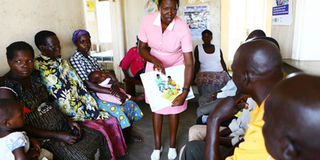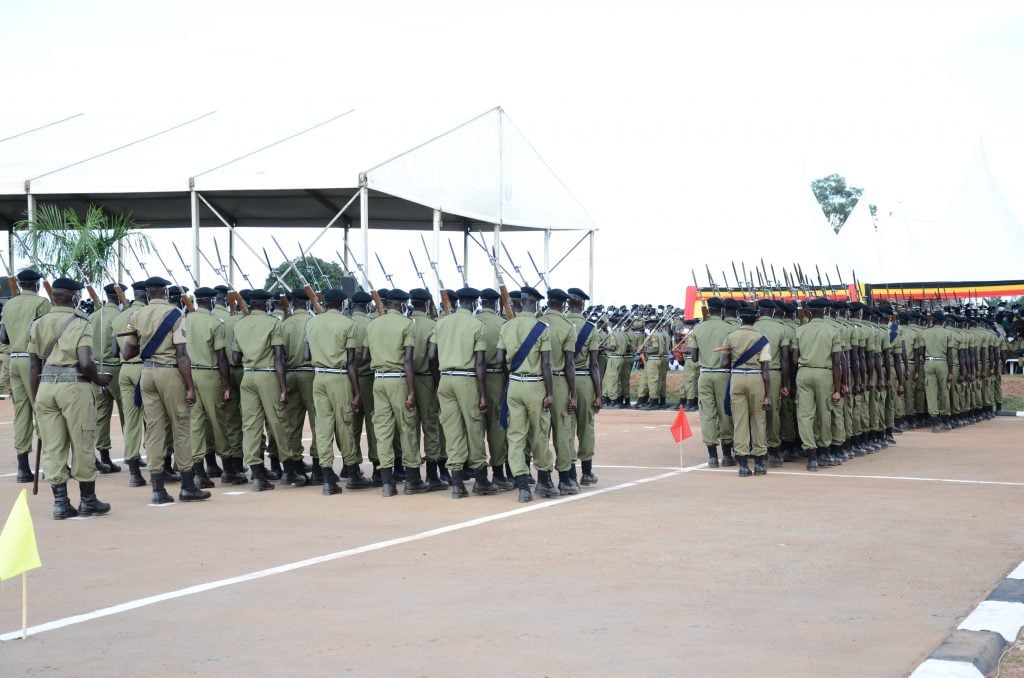Lockdown: 2,000 seek sexual and reproductive health services

The number of women seeking family planning services has reportedly reduced. FILE PHOTO
What you need to know:
- UNFPA along with health development and implementing partners has supported the Ministry of Health (MOH) to implement measures to ensure continuity of essential reproductive health services in the context of the COVID-19 response. UNFPA has supported the Ministry of health developed two sets of guidelines
At least 2,000 women have sought help in regards to sexual and reproductive health services in the last three months.
Ms Mariam Mirembe, a community engagement and outreach officer at the Community Health Rights Network (COHERINET) said during lockdown, at least 2,000 callers in the districts where they operate such as Gulu, Kampala, have phoned in seeking help regarding where to seek sexual reproductive health services.
“We are carrying out education but it’s not enough. There are more women out there. We have had callers, [phoning in] to find out where they should go, how pregnancy should be handled, what they need to do. They are uninformed where to seek services and what should be done,” Ms Mirembe said.
A Performance Monitoring and Accountability (PMA 2020) survey, led by Makerere University School of Public Health, found out that in 2018, contraceptive uptake is up to 41.8 per cent among married women. However, the survey, conducted in 78 districts, also found that 46.2 per cent of pregnancies were unintended.
Ms Dorothy Kabugabe, a midwife and sexual and reproductive health services officer said the number of women seeking family planning services has generally reduced due to lockdown which might cause unwanted pregnancies.
“Before lockdown, we had more women seeking family planning services but that has since reduced. For example, in days when we used to get 50 women it has now reduced to 10 women…,” Ms Kabugabe said yesterday.
Sexual and reproductive health rights activists have asked government to ensure continuity in advancing, prompting and defending the right to health especially reproductive health for vulnerable women of reproductive age from grass root communities.
Mr Abraham Bbaalle the assistant inspector of police Kalerwe police station said from his survey around the slum, a number of defilement cases in the slum are not reported to police due to lack of sensitisation.
Dr Jessica Sabiti Nsungwa, the commissioner in charge maternal, child and reproductive health at the ministry of health could not comment on the matter as she was said to be in a zoom meeting.
In a bid to help reverse these trends, UNFPA along with health development and implementing partners has supported the Ministry of Health (MOH) to implement measures to ensure continuity of essential reproductive health services in the context of the COVID-19 response. UNFPA has supported the Ministry of health developed two sets of guidelines i.e. Guidelines for management of pregnant, breastfeeding women, and infants in the context of COVID-19 and Guidelines for the sexual and reproductive health and rights: access to modern contraceptives in the context of COVID-19.
[email protected]



